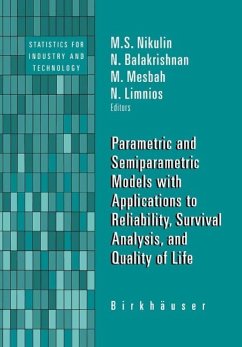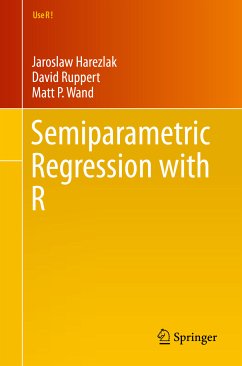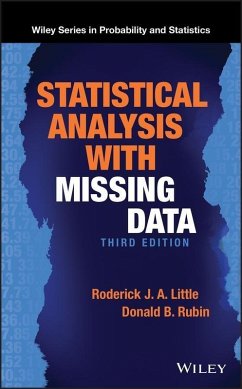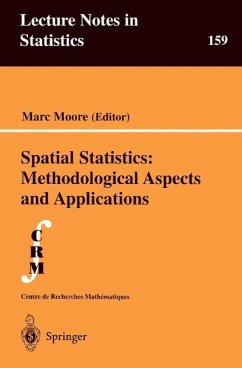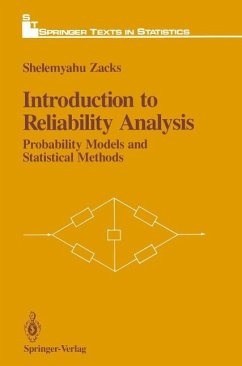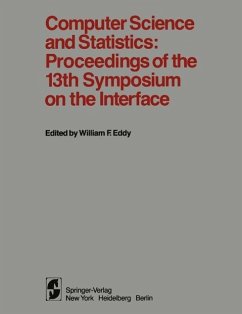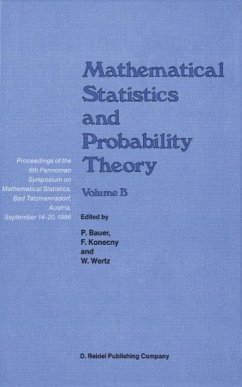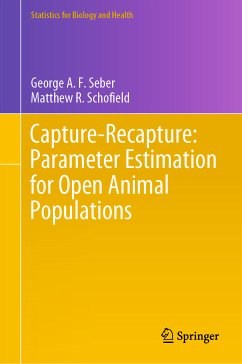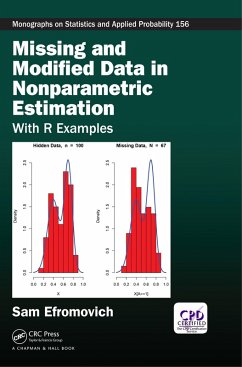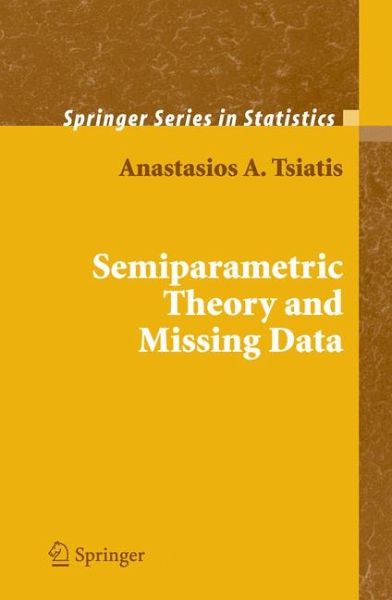
Semiparametric Theory and Missing Data (eBook, PDF)
Versandkostenfrei!
Sofort per Download lieferbar
175,95 €
inkl. MwSt.
Weitere Ausgaben:

PAYBACK Punkte
88 °P sammeln!
Missing data arise in almost all scientific disciplines. In many cases, missing data in an analysis is treated in a casual and ad-hoc manner, leading to invalid inferences and erroneous conclusions. The past 20 years have seen a serious attempt to understand the underlying issues and difficulties arising from missing data and their impact on subsequent analysis. This book summarizes current knowledge regarding the theory of estimation for semiparametric models with missing data, in an organized and comprehensive manner. It starts with the study of semiparametric methods when there are no missi...
Missing data arise in almost all scientific disciplines. In many cases, missing data in an analysis is treated in a casual and ad-hoc manner, leading to invalid inferences and erroneous conclusions. The past 20 years have seen a serious attempt to understand the underlying issues and difficulties arising from missing data and their impact on subsequent analysis. This book summarizes current knowledge regarding the theory of estimation for semiparametric models with missing data, in an organized and comprehensive manner. It starts with the study of semiparametric methods when there are no missing data. The description of the theory of estimation for semiparametric models is both rigorous and intuitive, relying on geometric ideas to reinforce the intuition and understanding of the theory. These methods are then applied to problems with missing, censored, and coarsened data with the goal of deriving estimators that are as robust and efficient as possible.
Dieser Download kann aus rechtlichen Gründen nur mit Rechnungsadresse in A, B, BG, CY, CZ, D, DK, EW, E, FIN, F, GR, HR, H, IRL, I, LT, L, LR, M, NL, PL, P, R, S, SLO, SK ausgeliefert werden.




